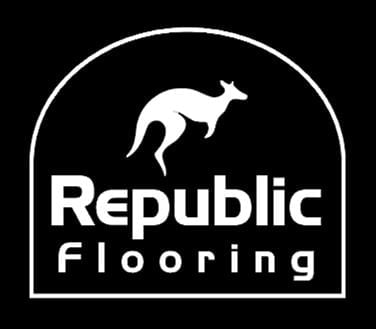About commercial flooring
(Compose by: Republic Flooring Australia)
Commercial flooring refers to the type of flooring used in commercial spaces such as offices, retail stores, restaurants, hospitals, schools, and other public or private establishments. Unlike residential flooring, which primarily focuses on aesthetics and comfort, commercial flooring must also be durable, easy to maintain, and capable of withstanding high levels of foot traffic and wear and tear.
There are various types of commercial flooring options available, each with its own advantages and suitable applications. Some of the most common commercial flooring types include:
Carpet: Commercial carpets are designed to be durable and stain-resistant, making them suitable for offices, conference rooms, and retail spaces. They provide comfort and reduce noise levels.
Vinyl: Vinyl flooring is a cost-effective and versatile option. It comes in sheets or tiles and can mimic the appearance of natural materials like wood or stone. Vinyl is easy to clean and maintain, making it popular in many commercial settings.
Luxury Vinyl Tile (LVT): LVT is a premium vinyl flooring option that offers greater durability and a more realistic appearance of natural materials. It is often used in high-end commercial spaces.
Laminate: Laminate flooring is a synthetic material that resembles wood or stone but is more budget-friendly. While not as durable as other options, it can still be suitable for low to medium traffic commercial areas.
Hardwood: Hardwood floors offer a classic and elegant look, making them popular in upscale commercial settings. They require regular maintenance to preserve their appearance and longevity.
Ceramic Tile: Ceramic tiles are highly durable and resistant to moisture, making them suitable for areas like restrooms and kitchen spaces in commercial settings.
Concrete: Polished concrete floors are becoming increasingly popular due to their modern and industrial aesthetic. They are durable and easy to maintain.
Rubber: Rubber flooring is often used in areas where slip-resistance is crucial, such as gyms, healthcare facilities, and industrial settings.
When selecting commercial flooring, several factors should be considered, including the level of foot traffic, the type of business or industry, maintenance requirements, budget, and aesthetic preferences. Proper installation and regular maintenance are essential to ensure the longevity and performance of commercial flooring. It’s always a good idea to consult with flooring experts or professionals to make an informed decision based on your specific commercial needs.
